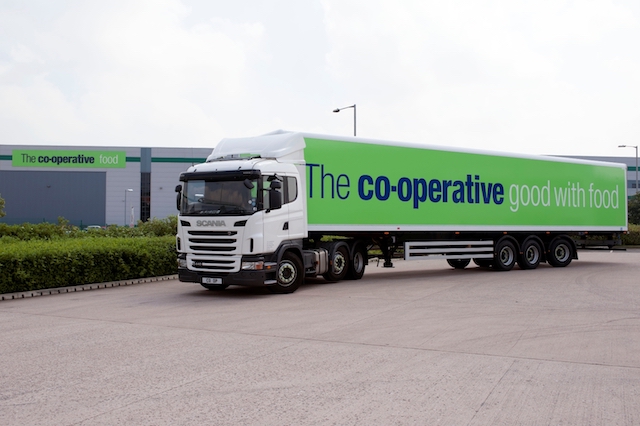
The Department for Transport (DfT) has announcement it will be extending the numbers in its Longer Semi Trailer (LST) trial this year.
The trial, which is investigating the environmental and safety impacts of the use of longer semi-trailer vehicles on the UK roads, has been under way since 2012 and has been extended to provide a longer reporting period – which will make the final results of the study more robust.
To date, the trial has been deemed successful, demonstrating both safety and environmental benefits for other road users and the wider population.
The DfT has agreed to increase the number of LSTs involved in the programme by an additional 1000 vehicles and to extend the trial period by five years. This increase will take the number of LSTs on the road from 1800 to approximately 2800 over the next 12 months.
A report released in September 2016 by the DfT showed LSTs continue to make a significant contribution towards reducing overall HGV miles, with subsequent environmental benefits, and pose no greater safety risk than normal HGV trailers.
The extension of the trial was welcomed by the Freight Transport Association (FTA). Andy Mair, FTA’s head of engineering, said: “FTA fully supports any increase in the total number of LSTs under trial, as these types of initiatives will play an important part in the logistics industry’s efforts to reduce carbon emissions.
“Through this trial, industry and government are working in partnership to understand the benefits – in terms of reduced mileage and therefore emissions – of the larger vehicle type, while keeping a very close eye on safety.”
Mair said the proposals to simplify the data reporting process, while remaining focused on safety, were also welcomed – and FTA supported increasing the numbers of LSTs under scrutiny so the results of the trial can be as rigorous as possible.
“FTA believes the trial has sufficiently proved its concept and is now clearly demonstrating what it set out to achieve in terms of reduced lorry miles, CO2 reduction and efficiency gains in road transport operation,” he concluded.






